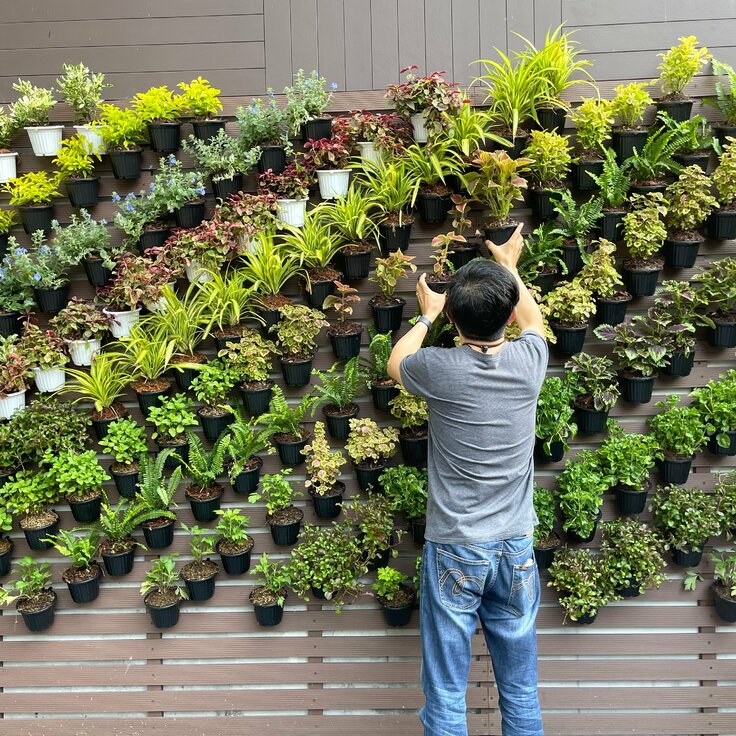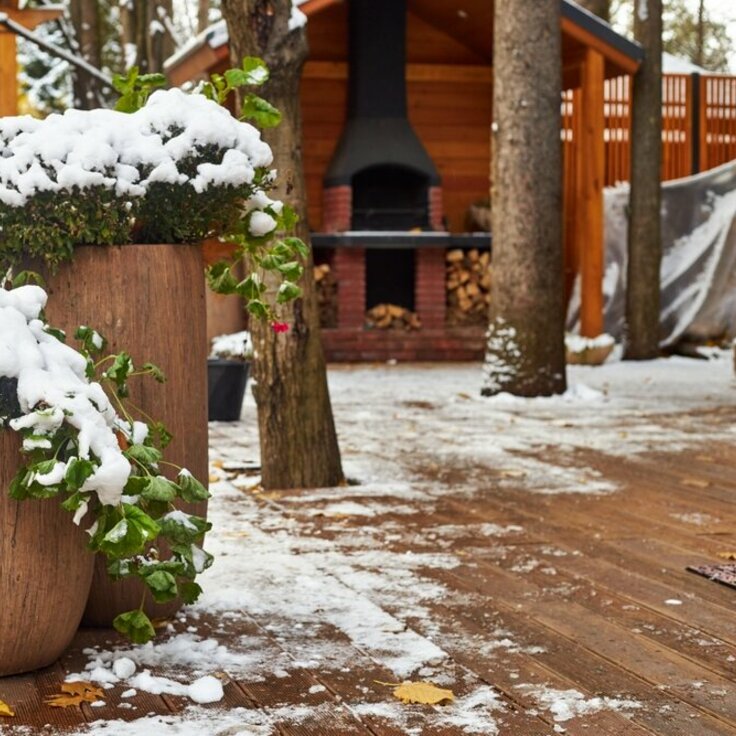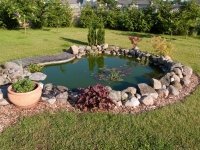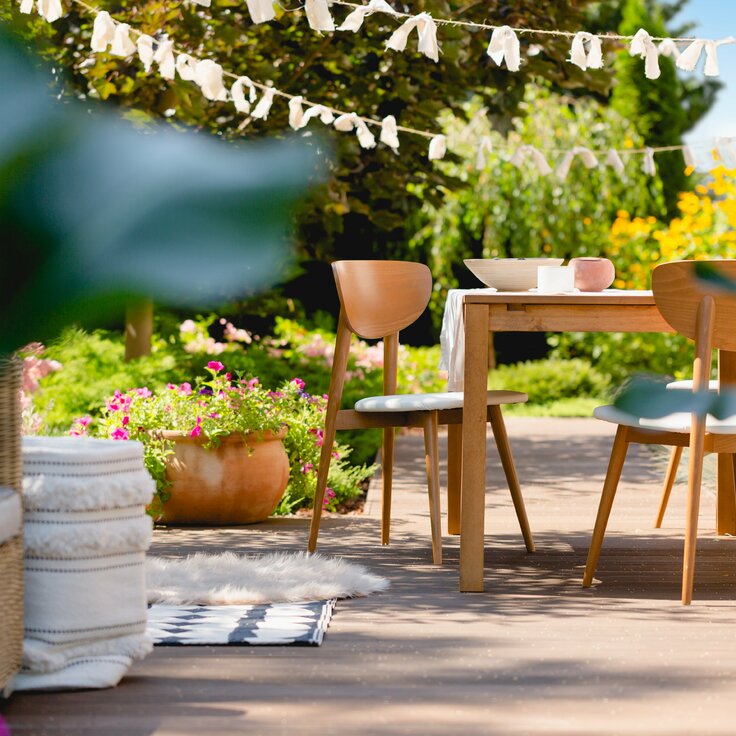Keeping Your Outdoor Kitchen in Optimal Condition: This is How it Works.
Over the years, there has been an increasing trend towards outdoor kitchens. As soon as the temperature regulates, people start filling up in their backyards to enjoy the pleasant weather. Usually constructed in backyards, outdoor kitchens tend to be easier to maintain than regular indoor kitchens. However, this does not mean that you should neglect them and keep them unclean for more extended periods. Browse through the following process of keeping your outdoor kitchen in its optimal condition.
1. Wash and Wipe Your Grills
Don't forget that your grills are not self-cleaning. They require more than a quick dry wipe with a wire brush before use. Either use a stiff brush, or a wet towel to properly wash and wipe your grill, to ensure that all grease is clean. Use a wet sponge to clean the gunk away from the burners as well. While you are cleaning the grill, extend the wiping to the back and over the gas pipes.
2. Don't Forget About the Fireplace.
Fireplaces are a great addition to an outdoor kitchen, as they complete the cosy setting. Just because you don't cook, doesn't mean you neglect them entirely. They deserve equal attention when it comes to tiding them up. While it's not entirely possible to clean the fireplace thoroughly, you need to ensure that it stays clear of debris and ashes, as that can cause long-term issues to its working mechanism. If you're not entirely sure whether the ashes are cold before cleaning them, scoop them and store them in a container overnight.
3. Don't Go Overboard with Cleaning the Cookery.
It's okay if you want to put in your complete effort in cleaning the appliances and the cutlery but be wary that different materials require different cleaning techniques. Typically, stainless steel cookeries are used in outdoor kitchens, due to their strong resistance to rust and corrosion. The material ensures that rough outdoor usage does not damage the product. However, to properly clean stainless steel, you can't use steel wires or harsh cleaning fluids. Instead, rinse it with soap and water, so that the stainless-steel surface does not erode.
4. Wash the Countertops
A variety of materials are used in constructing the countertops, according to different preferences that people hold. Quite often, people install countertops made from natural materials, such as granite and stone. While these come in a range of styles and colours and might look smooth in texture, they are porous. It means that they can stain and be potentially damaged. To clean countertops made of these materials, wipe them with a wet cloth or towel.
5. Don't Neglect the Drainage System
Just like the messy indoor kitchen drainage system, outdoor kitchen drainage systems are equally hard to maintain. They can easily be clogged by soil, mud, and leaves, all of which can leave your drain dirty. But that doesn't mean you have to call a plumber. You can easily clean it yourself by making a solution from baking powder and vinegar. It will erode the clumped-up drain, and it will flow well as new! If you're still facing trouble unclogging the drain now and then, it's good to invest in a drain unblocker, as it will ensure that your drain is up-kept properly.
An outdoor kitchen can be great, especially for BBQ's, take care of them, so they last a while.








